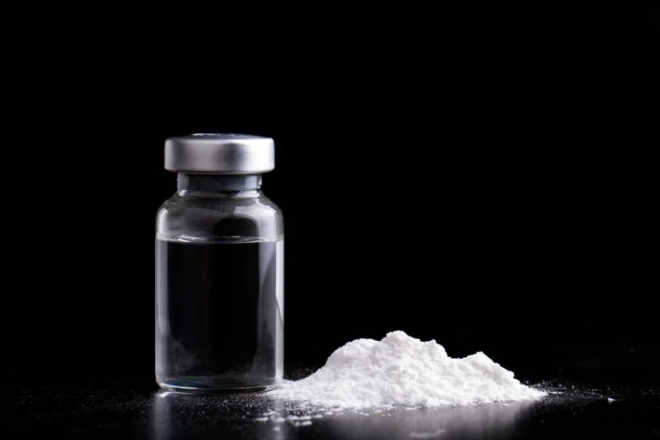New study reveals effectiveness of ketamine against depression
Researchers believe ketamine will become a standard and effective treatment for those not responding to regular antidepressants

According to the findings of a recently published clinical trial, ketamine could be a viable treatment option for depression.
The World Health Organization (WHO) has estimated that 5% of adults worldwide experience major depressive disorder (MDD) each year.
With the global increase in both suicide rates and MDD prevalence, and considering that depression is a significant contributing factor to suicide, the effective treatment of MDD could have a profound impact on reducing premature deaths.
While depression is commonly treated with antidepressants and mood stabilisers, the effectiveness of these treatments has been limited – many patients either do not respond to these options or fail to achieve complete remission.
Consequently, researchers have explored alternative approaches, such as the use of ketamine, to address this challenge.
A study titled ‘Clinical outcomes in the biomarkers of ketamine (Bio-K) study of open-label IV ketamine for refractory depression’, which was published in the peer-reviewed Journal of Affective Disorders, found that participants with major depressive disorder showed a significant improvement in symptoms including suicidality after receiving intravenous ketamine infusion therapy.
Read this next: Drug-laced lollipops sold on Thai social media, parents urged to be vigilant
“The main purpose of the study is to find a blood test that can help predict who will benefit from intravenous ketamine,” study author Sagar V. Parikh, a professor of psychiatry at the University of Michigan, explained to PsyPost.
Read this next: Are we close to the legalisation of therapeutic psychedelics?
“This first publication looked at whether three infusions were capable of causing remission (it was in 52% of people in less than two weeks, which is wonderful news). We believe that ketamine will be a standard and highly effective treatment for people who don’t respond to traditional antidepressants,” he adds.
The study also states that the results show promise and offer substantial sample sizes for future analyses of biological markers.
Learn more about the study here.
Via: High Times
Adrianna Cheung is Mixmag Asia’s Culture Curator, follow her on Instagram.


